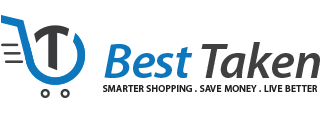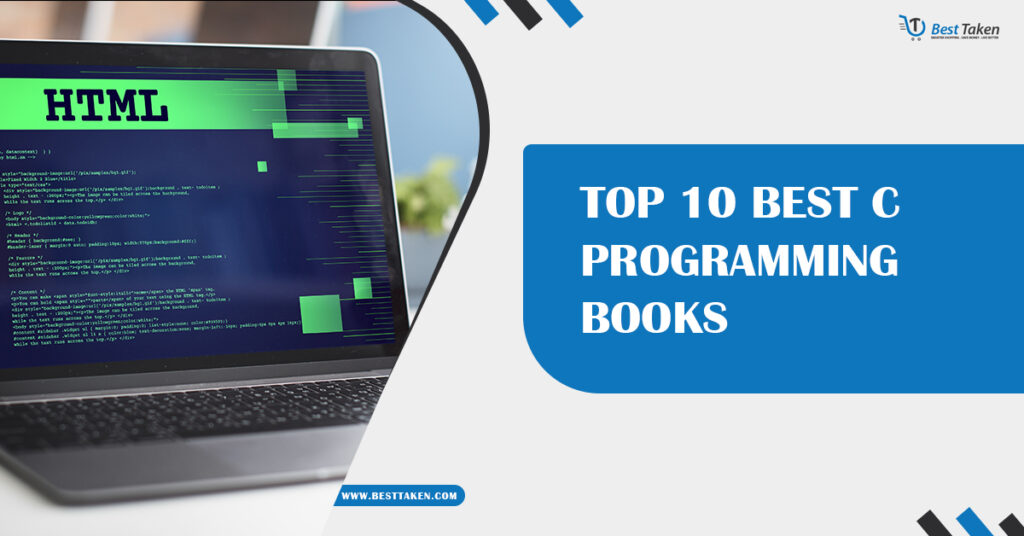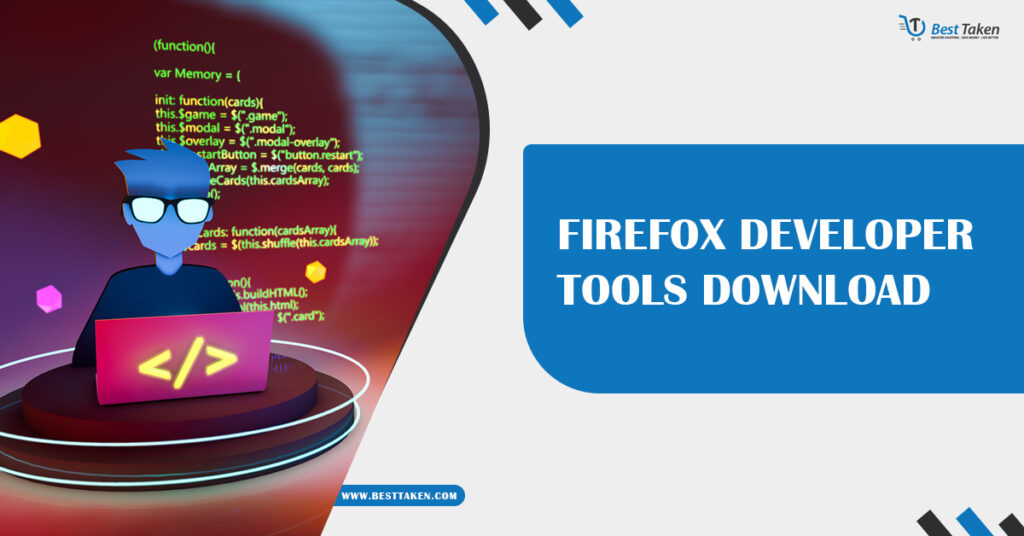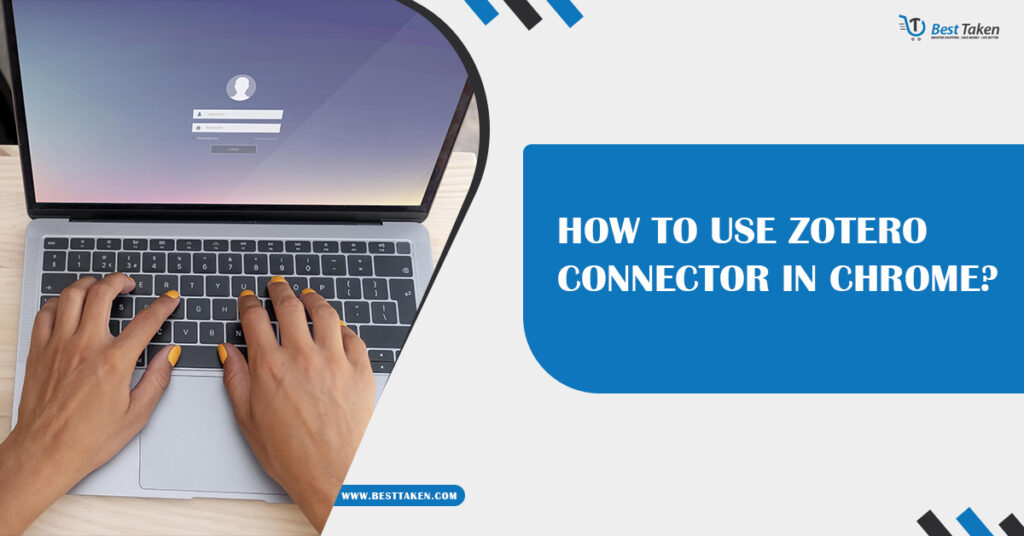Top 10 Best C Programming Books is one of the oldest and most widely used programming languages, forming the foundation of many modern programming languages. It’s a vital language for understanding computer science concepts and systems programming. Whether you’re a beginner or an advanced programmer, choosing the right resources to learn C is crucial. To help you on your journey, here’s a list of the top 10 best C programming books for learning programming.
Top 10 Best C Programming Books: Step-by-Step Guide
1. The (C) Programming Languages (Second Edition) by Brian W. Kernighan and Dennis M. Ritchie
This book is a classic, written by the creators of the C programming language themselves, Dennis Ritchie and Brian Kernighan. Often referred to as the “K&R” book, it is considered the bible for C programmers.
- Best For: Intermediate to advanced programmers.
- Why It Stands Out: Its concise explanations and clear examples make it essential for those who want to understand C deeply.
Pros:
- Direct insights from the language’s creators.
- Comprehensive explanations of core concepts.
Cons: May not be suitable for complete beginners due to its fast pace.
2. C Programmings: A Modern Approach (Second Edition) by K.N. King
K.N. King’s “C Programming: A Modern Approach” is often recommended for beginners. The book provides a comprehensive introduction to the C language, including its history, syntax, and practical use.
- Best For: Beginners and intermediate programmers.
- Why It Stands Out: It covers both the theoretical and practical aspects of C programming with a modern outlook.
Pros:
- Detailed explanations of basic and advanced topics.
- Includes plenty of exercises and examples.
Cons: The second edition is somewhat outdated in terms of modern C standards.
3. Head First C by David Griffiths and Dawn Griffiths
“Head First C” offers a more visual and engaging way to learn C. Using a unique combination of pictures, puzzles, and interactive exercises, the book takes a less traditional approach to teach the fundamentals of C.
- Best For: Beginners looking for an interactive and fun way to learn.
- Why It Stands Out: Its creative learning style keeps the reader engaged.
Pros:
- Easy to understand.
- Hands-on projects and quizzes.
Cons: Some may find the informal tone distracting.
4. C Programming Absolute Beginner’s Guide by Greg Perry & Dean Miller
This book is an ideal starting point for utmost beginners. It focuses on explaining concepts clearly without assuming prior programming knowledge, and walks you through the basics of C programming.
- Best For: Absolute beginners with no prior programming experience.
- Why It Stands Out: Its simple, no-nonsense approach makes it accessible for those new to programming.
Pros:
- Clear and straightforward.
- Excellent for readers who want a gradual learning curve.
Cons: Lacks in-depth discussion of advanced topics.
5. Professional C Programming: Deep C Secrets by Peter van der Linden
For programmers who already know C but want to deepen their understanding, “Expert C Programming” dives into advanced concepts and provides insightful tips and tricks to improve coding skills.
- Best For: Intermediate to advanced programmers.
- Why It Stands Out: Offers a deep dive into advanced C features and system-level programming.
Pros:
- Humor and practical examples.
- Covers advanced C topics in depth.
Cons: Not suitable for beginners.
6. C Primer Plus by Stephen Prata
“C Primer Plus” is another beginner-friendly book that offers a solid introduction to the C programming language. It explains C syntax and programming techniques in detail, providing examples and exercises to reinforce learning.
- Best For: Beginners to intermediate programmers.
- Why It Stands Out: The book covers a wide range of topics in a clear and organized way.
Pros:
- Comprehensive and beginner-friendly.
- Contains review questions and programming exercises.
- Cons: Somewhat outdated in terms of modern C standards.
7. 21st Century C: C Tips from the New School by Ben Klemens
This book focuses on writing C in the modern era, providing practical tips and approaches for writing better and more efficient C code. It’s perfect for programmers who are familiar with C but want to modernize their skills.
- Best For: Experienced programmers.
- Why It Stands Out: Focuses on modern C practices and advanced techniques.
Pros:
- Emphasizes modern coding practices.
- Contains lots of practical tips and tricks.
Cons: Requires prior C knowledge, not suitable for beginners.
8. The C Answer Book by Clovis L. Tondo and Scott E. Gimpel
This book is a companion guide to “The C Programming Language” by K&R. It provides solutions to the exercises found in the K&R book, making it a great resource for those who want extra practice.
- Best For: Intermediate to advanced learners.
- Why It Stands Out: It provides practical solutions to the exercises from K&R, helping deepen understanding.
Pros:
- Great for practicing C concepts.
- Follows the structure of the K&R book.
Cons: Best used as a supplement rather than a standalone book.
9. Let Us C by Yashavant Kanetkar
“Let Us C” is a popular book, particularly in India, and is widely regarded for its beginner-friendly approach. It covers everything from basic to intermediate topics, with plenty of examples and exercises.
- Best For: Beginners to intermediate programmers.
- Why It Stands Out: Its simple language and practical examples make it an excellent introductory book.
Pros:
- Beginner-friendly explanations.
- Many real-world examples and exercises.
Cons: May not delve deeply into leading topics.
10. Programming in (C) by Stephen G. Kochan
“Programming in C” is another comprehensive resource for beginners. It provides a clear and systematic introduction to C programming and offers many exercises to reinforce learning.
- Best For: Beginners and those looking to solidify their understanding of C.
- Why It Stands Out: Its clarity and logical flow make it easy for beginners to follow.
Pros:
- Logical progression from basic to advanced topics.
- Contains many exercises.
- Cons: Limited coverage of some advanced topics.
Conclusion
Learning C programming can be challenging, but with the right resources, it becomes manageable and even enjoyable. Whether you’re a beginner or an experienced programmer, there is a book on this list for you. From the authoritative “K&R” to modern guides like “21st Century C,” each of these books offers valuable insights into mastering the C language.
Selecting a book that aligns with your skill level and learning style is crucial. Beginners might gravitate towards “C Programming Absolute Beginner’s Guide” or “Head First C,” while those looking to deepen their skills might find “Expert C Programming” or “The C Answer Book” more beneficial.
With these books in hand, you’ll be well on your way to mastering C programming and enhancing your coding expertise.



